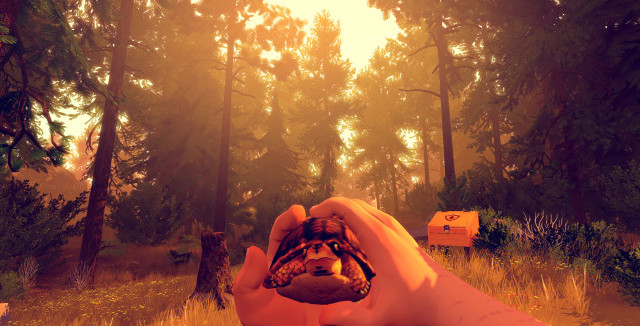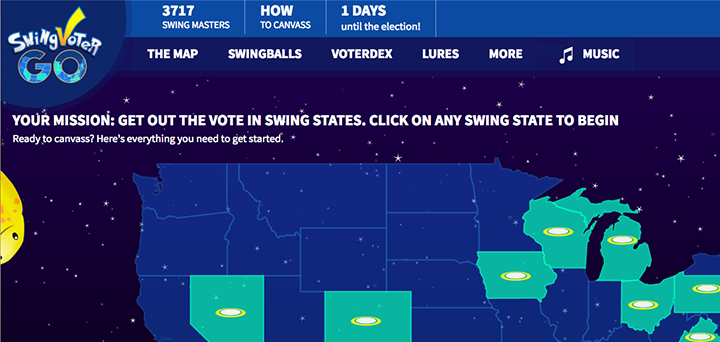I though in honor of my post being on MLK Day, I would talk a bit about my favorite historical video games. I know I’ve written about things like the Civ franchise. Games like Civ take historical elements and recast them into a new story (or rather, they provide you the elements and let you write your own story). History is a tricky thing, and not just in video games. Looking back at the history of rhetoric, we see erasures, silences, and other ways of minimizing some events to keep them out of the “true” history. We don’t count treatises written by women in the modern period as “rhetoric” because the topic is raising children. Though, any political topic is inherently rhetorical (because publishing parenting advice isn’t?). Or we see women who had to invoke God in order to be able to talk about politics. But they get filed away under religious fields, of course they aren’t rhetoricians either. My point is, that despite what I’m about to talk about, there is no true history or real history. Games can’t depict a historical event accurately because that’s impossible. One look towards Katie King’s work on networked reenactments will show without a doubt that things, people, and events are always fluid. When we reenact something we make it new, it is its own thing. However, it is always in conversation with things that came before. Always emerging.
Ok enough theory talk. What does this have to do with video games. Well, I’d like the float the idea out there that when we represent history we change it. I’m not trying to say that if I try to represent myself eating a sandwich yesterday that I can change whether or not I ate a sandwich. Shit happens, of course. But meaning isn’t so solid. Perhaps I will tell someone about the sandwich, thinking I had pickles when I didn’t, and they go make a sandwich with pickles because my description made them hungry. Now, did that change the fact that I didn’t have pickles? No. But the way I represented it changed the outcome of my sandwich eating regardless. So, it may seem silly when talking about sandwiches, but all I’m trying to say is that representing any historical event changes the repercussions of that event. It’s fluid and emergent with the context. Maybe that’s obvious, but I just wanted to get it out there. History=changes. Got it.
Lots of games, in fact I would venture to say that a majority of games are about some sort of futuristic alternative reality. As a culture, we are obsessed with what will happen next. (Sometimes we almost get it right). But we also spend time looking backward, especially in our entertainment media like video games. Video games, however, differ from things like movies and books, not because they are any more creative or wacky, but because they allow the user an agency in deciding what happens next. So we have a kind of perfect storm for playing with history: we have entertainment medium, a game, that has a predetermined number of possibilities within the system, and it allows the user to navigate and create those alternatives. Fun, right?
I’ve talked in previous blogs about what happens when we represent history in games, particularly from the view of the problematic nature of trying to represent things “accurately” (which, as I said above, is nonsense). In games that have the pretense of being historically accurate, you open the door for doing and saying anything (racist, homophobic, sexist, and so on) as long as they argue they’re just trying to be accurate. This puts the user in a particularly interesting position because to play the game we are forced to take part in the game and become an active participant in activities we would otherwise find questionable or inappropriate. Sometimes that is part of the thrill of a game, of course, because it allows us to experience things, be a part of things, be a participant in something that we couldn’t in meat-space life.
All that said, I do like the complexity that comes with a historical game. Tropico 4 for example places you during the Cuban missile crisis. There are some historical missions based on reality and some made up for the gameplay. Compare this with Civ, which puts all the elements together but has you make your own story. Or you have a game like LA Noir that makes up a totally fictional story but puts it in an attemptedly historical setting.
I would like you all to chime in. What are your favorite historical games? Do you find them problematic? Or do you think they represent things fairly?




